
Ava Recovery is a leading Austin DBT therapy center. In our Austin dialectical behavioral therapy program, clients work with expert providers to learn how to develop healthy coping mechanisms, regulate emotions, and cope with stress.
We offer DBT therapy in Austin as part of our drug rehab programs and comprehensive addiction treatment services. Contact us today to learn more about available treatment.

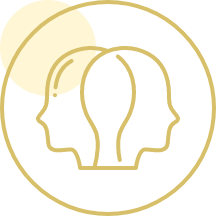
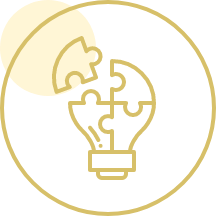


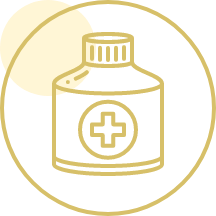
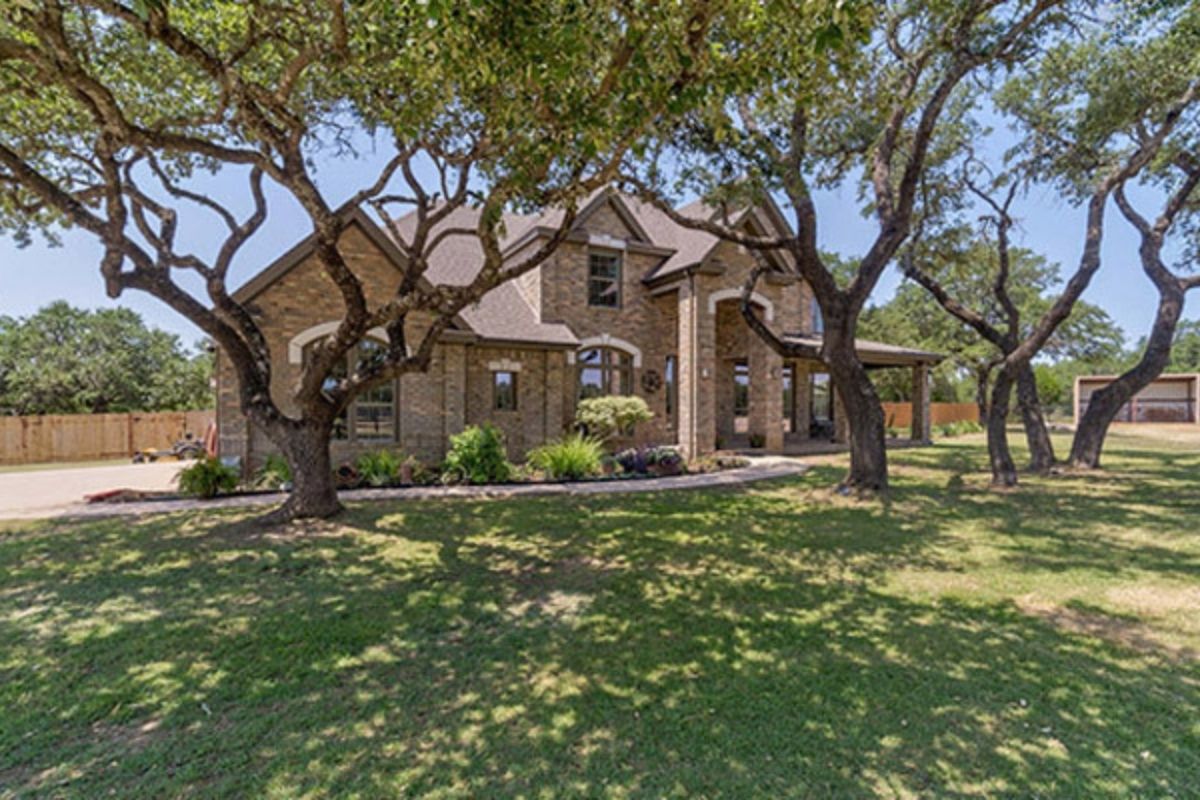


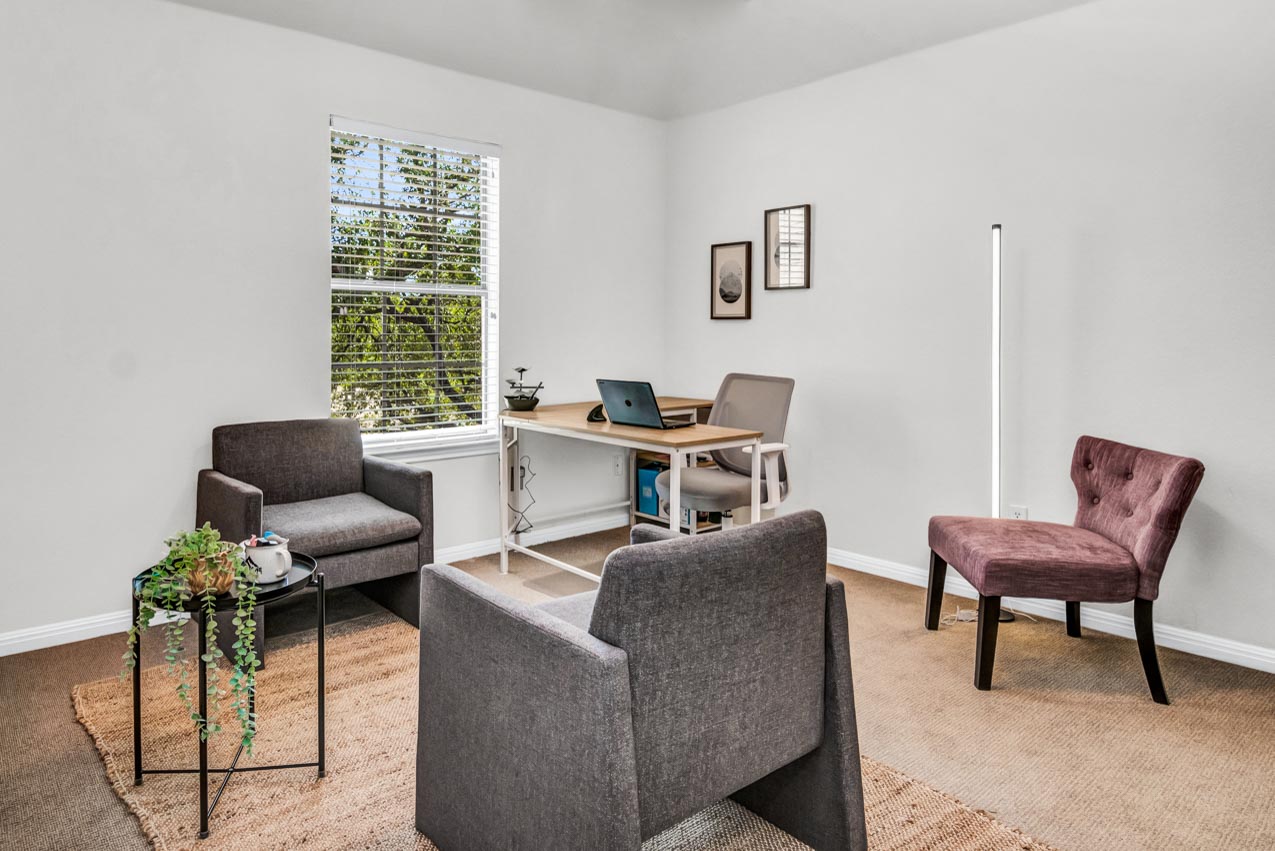



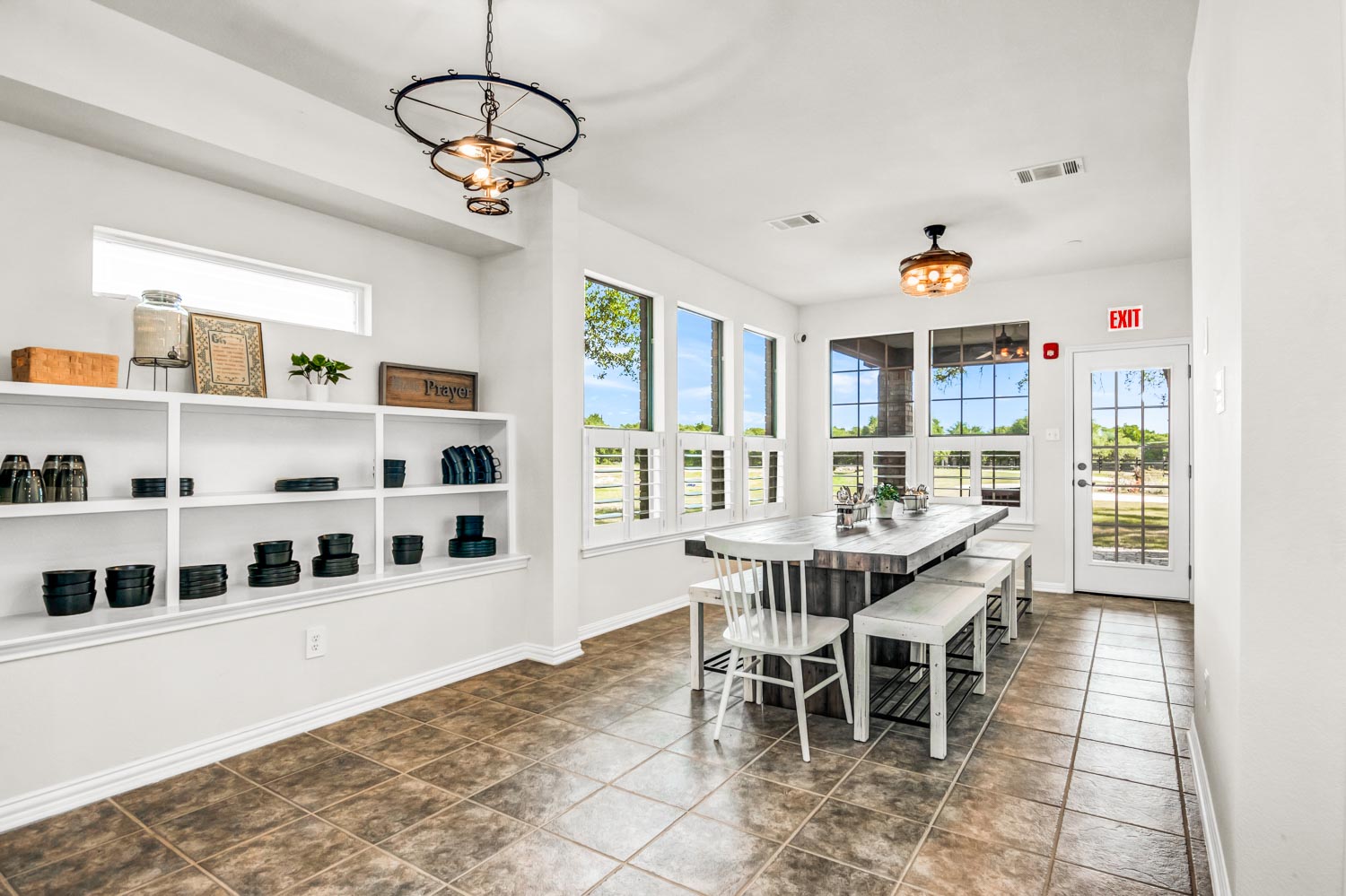










Dialectical behavioral therapy is a modality of talk therapy that focuses on cultivating mindfulness, enhancing interpersonal relationships, and regulating impulsive behaviors all through the development of practical skills.
Dialectical behavioral therapy has specific goals, which are:
Created to treat borderline personality disorder, DBT has since been adapted for treating other mental health conditions. Specifically, DBT tends to be helpful if you struggle with emotional regulation or you engage in self-destructive behaviors, including substance abuse or self-harming behaviors. DBT can also be used to help treat post-traumatic stress disorder.
Ava Recovery is a luxury mental health and addiction treatment center in Texas offering Austin dialectical behavioral therapy and other talk therapy approaches. DBT makes up a key component of our programs to help individuals struggling with addiction find lasting wellness.
DBT was originally created to treat borderline personality disorder. However, it has been adapted to address a wide range of mental health disorders, including bipolar disorder and PTSD. With a focus on managing impulsive behaviors and improving relationships, this therapy can help individuals develop crucial skills that will serve them well in many aspects of their lives. DBT therapists can customize their therapy sessions depending on the unique needs of each client.

Dialectical behavioral therapy is a variation of talk therapy, also known as psychotherapy. In talk therapy sessions, you’ll work with a therapist to unpack experiences, talk through emotions, and discuss trauma and psychiatric symptoms affecting your daily life and wellbeing. After speaking with you and learning more about your personal goals and mental health struggles, your therapist can create a customized treatment plan.
Individual therapy sessions can include:
Talk therapy is an open-ended dialogue, and the overarching goal is usually to address a particular problem you’re dealing with, such as addiction or a mental health condition. There are various types of talk therapy available, including behavioral therapy (CBT), cognitive behavioral therapy, humanistic therapy, psychodynamic therapy, and holistic therapy. DBT is a version of CBT that is adapted to focus more on mindfulness and regulating emotions.
Ava Recovery is a leading provider of DBT in Austin. We work with clients from around Texas and the country to help them overcome addiction and mental health disorders and live a self-directed life. Our CBT offerings are complemented with other therapy options, such as CBT and holistic practices. This well-rounded approach ensures we address all angles of healing to support each client’s mind, body, and spirit.
DBT is beneficial for people who experience intense emotions because it helps them understand how their thoughts impact their behaviors and emotions. With DBT, you can begin to focus on accepting your life and your behaviors as they are, but you can also learn how to change the behaviors that don’t serve you well.
Clinicians will work with you to help you find a way to bring more positive changes to your life while also accepting certain aspects that cannot be changed.
The critical points of DBT are:
At Ava Recovery, along with dialectical behavior therapy in Austin, we offer many other approaches to therapy, such as trauma therapy, cognitive behavioral therapy, group therapy, inner-child psychotherapy, and more. Having these different approaches available helps us to tailor each person’s treatment plan to their exact, unique needs.
Located just outside metro Austin, in Buda, Texas, we offer you a luxury environment that encourages healing and rejuvenation. Our secluded property provides you with a safe and comfortable, world-class setting where you can focus on your recovery.
We offer free consultations to anyone who reaches out for help. Did you know most major insurance carriers will cover the costs associated with treatment? Contact our trusted treatment team today to discuss your personal options for treatment.
Ava Recovery is proud to offer a variety of treatment options to provide you with a treatment plan that fits your needs. From detox to residential inpatient to aftercare and beyond, we’re with you each step of the way. Learn more about how we can help right now.

There are four stages in dialectical behavioral therapy.
During stage 1, you’ll begin addressing your most significant self-destructive behaviors. Next, as you move into stage 2, you’ll address the things most affecting your quality of life, like your distress tolerance and ability to regulate intense emotions. Stage 3 will encourage you to focus on issues related to your relationships with others and your self-esteem. In stage 4, you’ll begin to explore strategies to make the most of your life, experience the greatest levels of happiness, and pursue the goals you have for your life.
Particular strategies that can be utilized in DBT therapy include:
If you’d like to find out more details about DBT in Austin, contact our team at Ava Recovery.

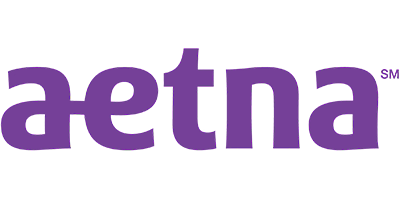


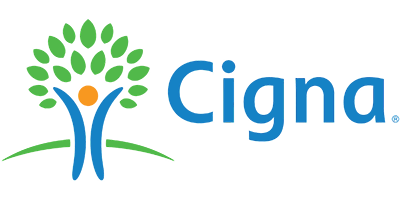










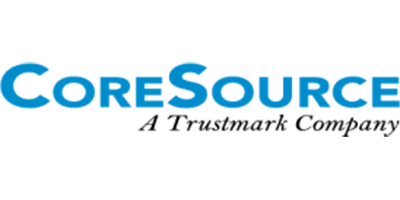

DBT for addiction treatment is an effective way to help individuals struggling with substance use disorder develop crucial coping skills for recovery. Dialectical behavior therapy helps individuals learn how to manage intense emotions in a healthy manner. The interpersonal skills developed in this type of therapy can aid individuals in setting and maintaining healthy boundaries in their relationships.
When you’re working through the DBT process, you can commit to remaining substance-free. You can become more aware of the negative consequences stemming from your substance use and strengthen your motivation for meaningful change. DBT skills training can support many recovery goals, because emotional regulation and impulse control can go a long way toward supporting lasting sobriety.
DBT can also be helpful for those dealing with a dual diagnosis by helping individuals learn more about the emotions impacting their co-occurring substance use disorder and mental health disorder.
Ava Recovery is one of the leading evidence-based providers of DBT in Austin. Our private luxury facility is a safe respite located in the heart of Texas. Our compassionate and expert-led team will help address the underlying causes of your substance misuse and provide you with the tools and support needed to achieve and maintain your recovery. Reach out to learn more.

Each insurance provider and individual plan provides different levels of coverage for different kinds of care, but in general, evidence-based therapies and treatments are covered by most insurance providers. Dialectical behavior therapy is an evidence-based treatment and is therefore often covered. Ava Recovery accepts many major insurance providers, such as ComPsych, Aetna, Cigna, and more. Fill out the form on our insurance verification page to learn more about insurance coverage for DBT at Ava Recovery.
DBT therapy can help individuals by helping them develop crucial emotional regulation skills and improve distress tolerance. Individuals can also work through challenges in interpersonal relationships and learn how to manage these relationships in a healthy manner that supports their well-being. Additionally, DBT helps individuals by helping them develop coping skills and mindfulness practices, which encourage awareness and reflection and aid in stress reduction. Whether it’s by helping individuals respond to challenges in recovery in a healthier manner or by helping them learn how to establish boundaries in relationships to protect their sobriety, DBT can provide many benefits for individuals in recovery.
DBT is a therapeutic modality used to address mental health concerns and problems managing impulsive behaviors. It can be helpful for helping individuals dealing with borderline personality disorder, post-traumatic stress disorder, and substance use disorder. The skillset developed through DBT has wide-ranging benefits that provide a broad appeal.
A DBT skills group is a group session that is run similarly to a class. Individuals spend time in this session learning skills that will help them regulate emotions, practice mindfulness, handle distress, and communicate in their relationships. These skills can be especially beneficial for individuals in addiction recovery, as many of the healthy habits and practices they encourage are conducive to lasting recovery.
DBT can be conducted in both online and on-site sessions. What works best for you will depend on various factors, such as convenience, scheduling, and preference. At Ava Recovery, our DBT therapy sessions in Austin are conducted in person, allowing for face-to-face interaction and enhanced accountability.
The first step in finding dialectical behavior therapy groups in Austin is conducting research online. A search may help you discover various DBT therapy centers in Austin. To find the right program for your needs, it’s important to carefully consider what your goals and needs are in treatment. If you are looking for DBT therapy for addiction, it may be best to find DBT therapy at a drug rehab center that offers a range of addiction treatment programs. These programs may include other therapy modalities that complement and enhance the progress you make in DBT therapy for a comprehensive approach to recovery.
Once you have identified DBT therapy centers that can support your treatment needs, the next step would be to reach out to these treatment centers and ask for more information about their programs. They will be able to provide more specific details, including information about how much DBT therapy costs at their treatment center and whether they accept insurance.
If you have any questions about finding a dialectical behavior therapy group in Austin, reach out to Ava Recovery today.



Dialectical behavior therapy is an important tool that can help you create lasting positive changes in your life. At Ava Recovery, we integrate DBT therapy in our addiction treatment programs to empower individuals to strive for transformation. Reach out to our team today to learn more about our DBT therapy in Austin and how it can help you.
